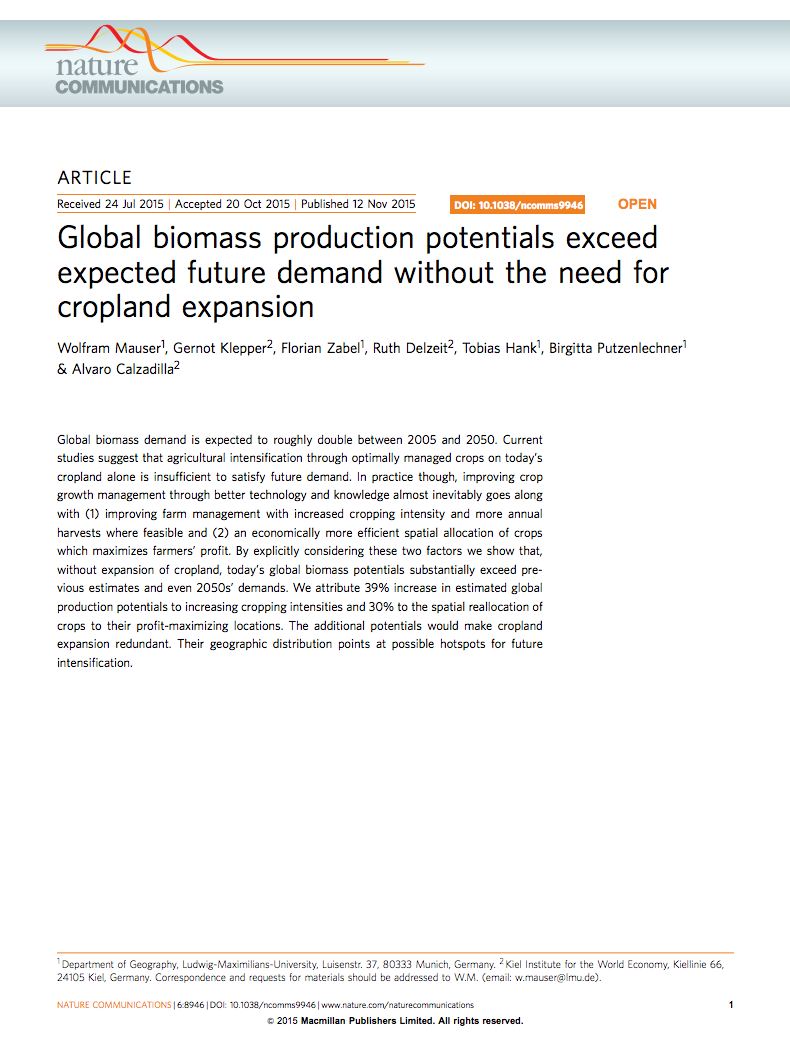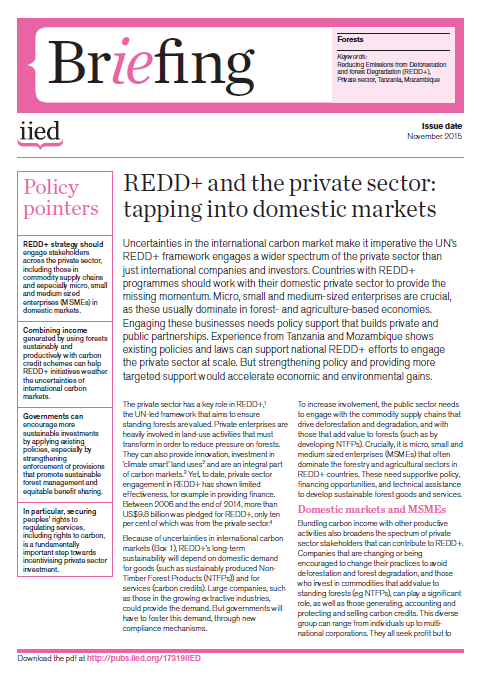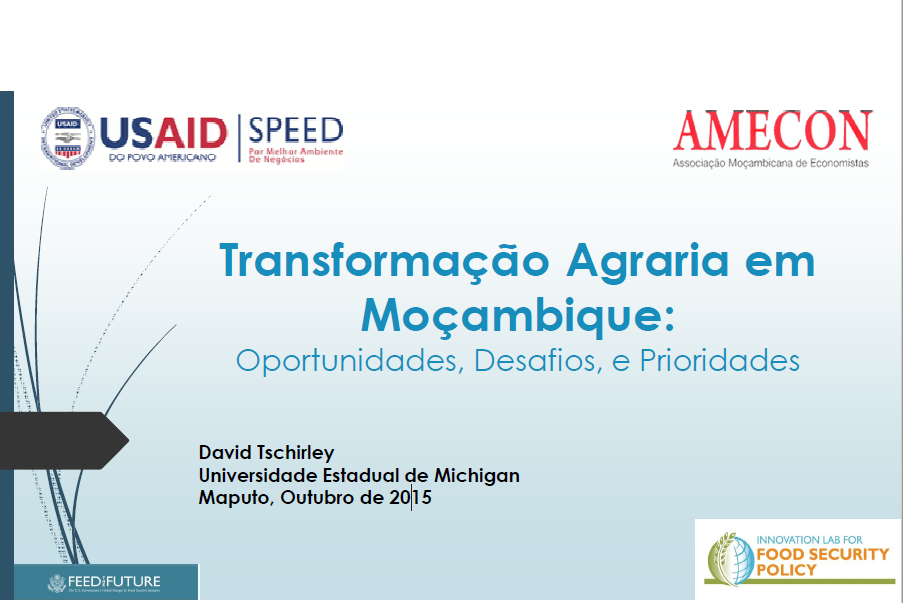Preliminary synthesis : IDRC-supported research on large-scale land acquisitions in Africa; using action research to build greater accountability
This report presents a preliminary synthesis of existing findings emerging from IDRC-supported projects on large-scale land acquisitions and accountability in Africa. Two-thirds of foreign land deals take place in developing countries with serious hunger problems and in countries with the weakest land rights protection laws. Investments to date have served to highlight existing weaknesses in the management and governance of agricultural lands and local communities.








